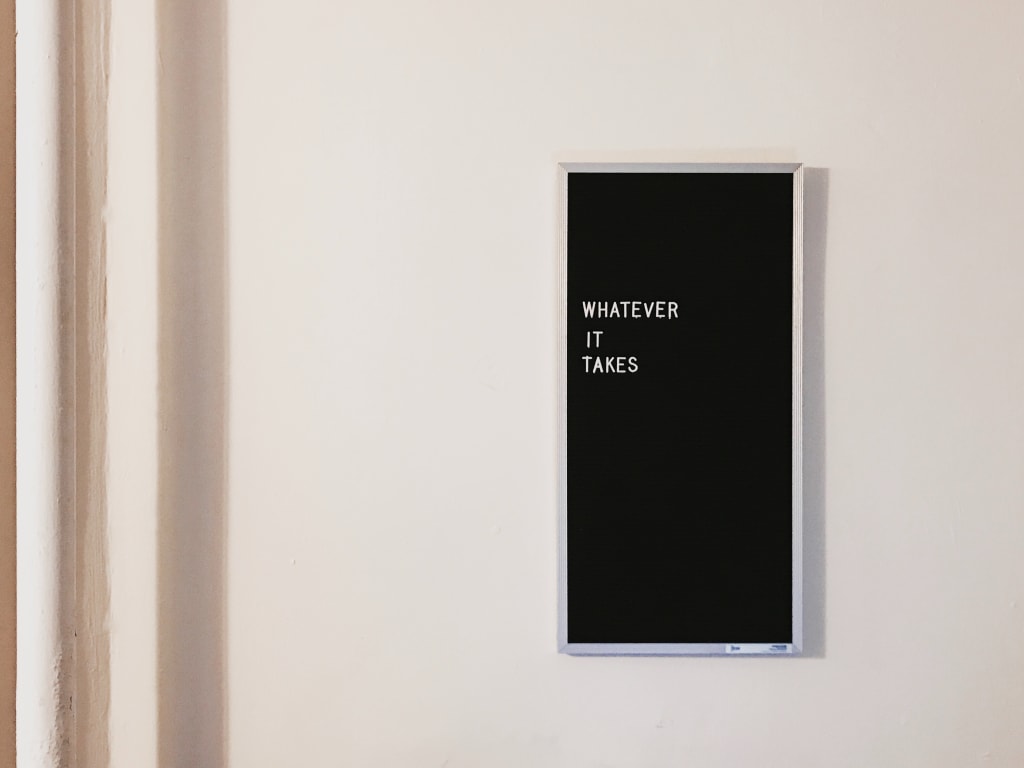Do Older People Actually Work Harder?
Reasons Why More Companies Are Hiring Older Employees

I recently came across an article that was saying that supposedly, "Companies believe older people work harder."
In the article, they throw out some impressive statistics about all of this.
➼ US Bureaus of Labor Statistics says people aged 55+ are fastest growing age group in the workforce
➼ AARP reporting shows a 122% increase in company commitments to hire more workers over age 50
➼ 2,500 companies have made commitments to hire in this age category
➼ 75% of people over 65 consider hard work "very important" (As opposed to 61% of 18 to 29 years olds)
It seems like this is pretty good proof - Older People are harder working, and companies seem to realize it...
Right?
Correlation Doesn't Equal Causation
I am not convinced by these statistics.
Looking at what is happening in the world, and looking more deeply into the subject, I think we are actually seeing a bunch of different factors that are playing into this which tells a VERY different story.
This is what I see.
➼ More older people are heading back into the workforce because inflation has been increasing - the previous "work 30-40 years and retire" plan isn't working anymore
➼ At least in the US, Life-Expectancy has dramatically increased since the original concept of "retirement age" (by about 30%), which means the government can't accommodate the influx of older people, the system is broken and forcing people back into the workforce
➼ People are demanding more diversity, equity, and inclusion efforts, and people over 50 have been discriminated against for a long time - I was having conversations with people about this in 2019.
➼ Due to this discrimination, many people over 50 were forced into early retirement, long before their "useful" years were over and before they had the opportunity to create a better nest egg that could have allowed them to actually retire.
➼ Companies have been struggling to hire for the past few years, so the influx of people over 50 allows them to hit two "targets" at the same time - increase "diversity" and get more individuals in office.
➼ Younger people have been loath to go back into the physical office, while companies have started to demand more people come back. Companies are refusing to adapt, and it is easier to hire people who have been normed to go into an office
➼ Many of the companies who made commitments are "older companies", further proving they are having difficulties adapting to the future, and relying on "easier" past methods
➼ The younger generations are more concerned about what their work is going toward, the values of their employers, and the end result of how it improves humanity. Many of the companies listed aren't actively doing anything to these ends, so younger generations aren't interested in working for them.
➼ Younger generations were told by their parents that if you "work hard, you'll be able to retire well." Well, younger generations are seeing that obviously isn't working as those who "retired well" are being forced back into the workforce to simply "survive".
➼ Moreover, younger generations are seeing that success is more than "working hard", it's also about "working smart". If anything "smart" work gets significantly better results than "hard" work.
➼ Younger generations often DO value working hard, but ONLY if it is for something they actually believe in, and as long as it is "smart" first. If those are lacking, the younger generations have either been deciding to do it better themselves or otherwise are simply biding their time (and "smartly" maintaining minimum effort) until they find something where those AREN'T lacking.
➼ Leaders have been struggling to connect with the younger generations for over a decade. I remember coming into the workforce and hearing Leaders struggling with "Millenials". Some Leaders are still talking about struggling with Millenials even though Gen Z has been in the workforce for years now!
➼ Younger generations are less prone to deal with bad leaders today. They have seen how bad leadership produces terrible things, and they know they don't have to put up with it anymore. They have incredible resources available to them to avoid bad Leaders.
Here's The Truth
This is what we are REALLY seeing.
Leaders are FAILING to connect with the younger generations.
They haven't gotten better in over a decade, despite $350 BILLION being spent on "Leadership Development" yearly.
They are failing to adapt their organizations to the times.
They aren't seeing the VERY clear writing on the wall.
Businesses are taking advantage of desperate older people who were promised lives of ease and aren't getting the retirement they were promised for decades.
Businesses are marketing taking advantage of the older generations as a part of their "Equity, Diversity, and Inclusionary Efforts" even though THEY are the ones who have been discriminating against these generations for years.
Instead of actually becoming better Leaders, we are seeing Leaders fall back on "what's easy".
Why change when we can continue to take advantage of people?
Better yet, why not use our marketing to make this seem like it is someone else's fault and try to Gas Light everyone?
Businesses are saying, "We are doing "good" things here by improving our "equity, diversity and inclusionary efforts", unlike the "younger" generations who are lazy and don't like working hard."
No, people are becoming wise to the truth.
These Leaders are failing everyone, and are refusing to get better.
If Leaders refuse to adapt, they will be made obsolete.
To survive in this world that is developing, you will need to become a Legendary Leader.
About the Creator
Cody Dakota Wooten, C.B.C.
Creator of the Multi-Award-Winning Category "Legendary Leadership" | Faith, Family, Freedom, Future | The Legendary Leadership Coach, Digital Writer (500+ Articles), & Speaker






Comments
There are no comments for this story
Be the first to respond and start the conversation.